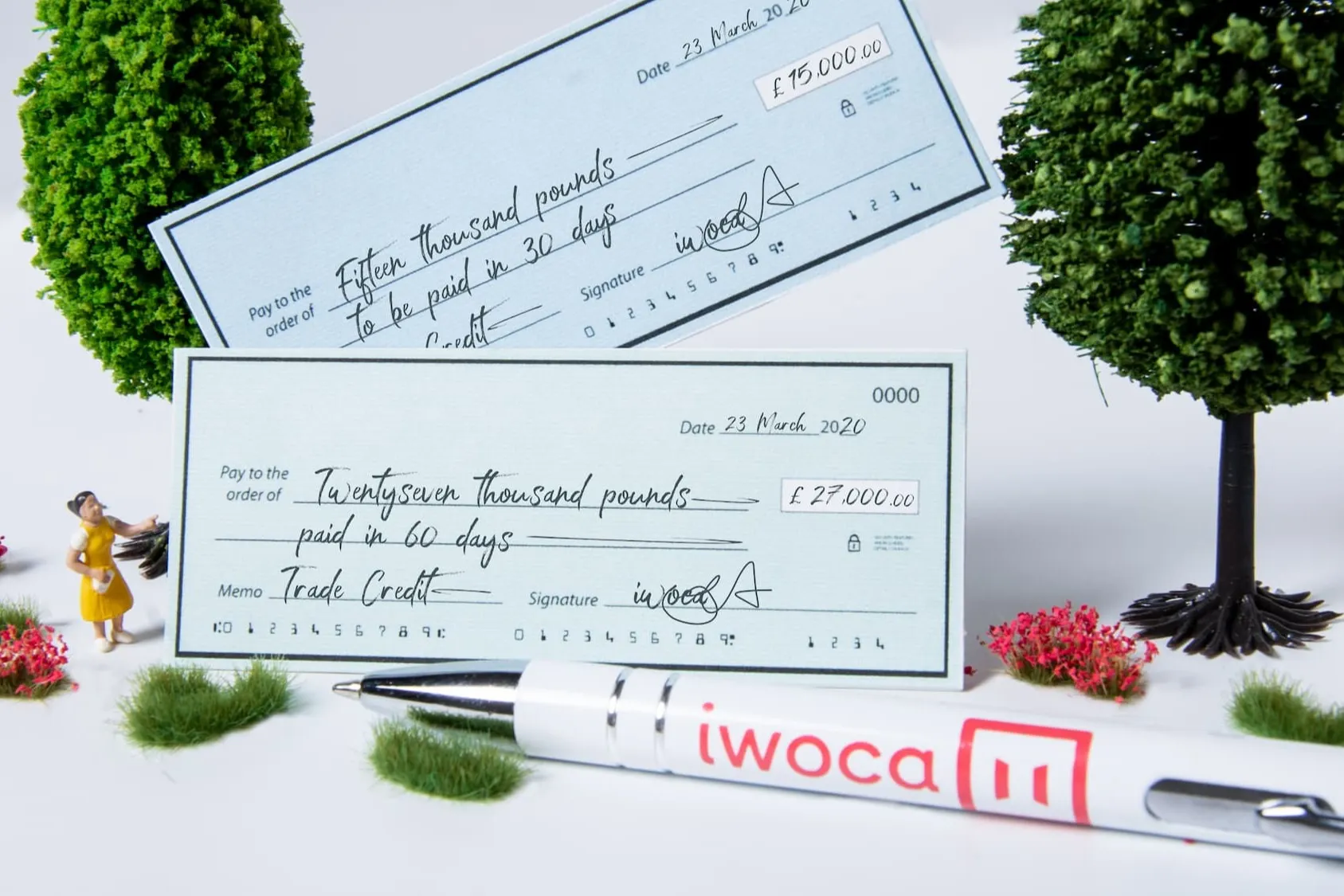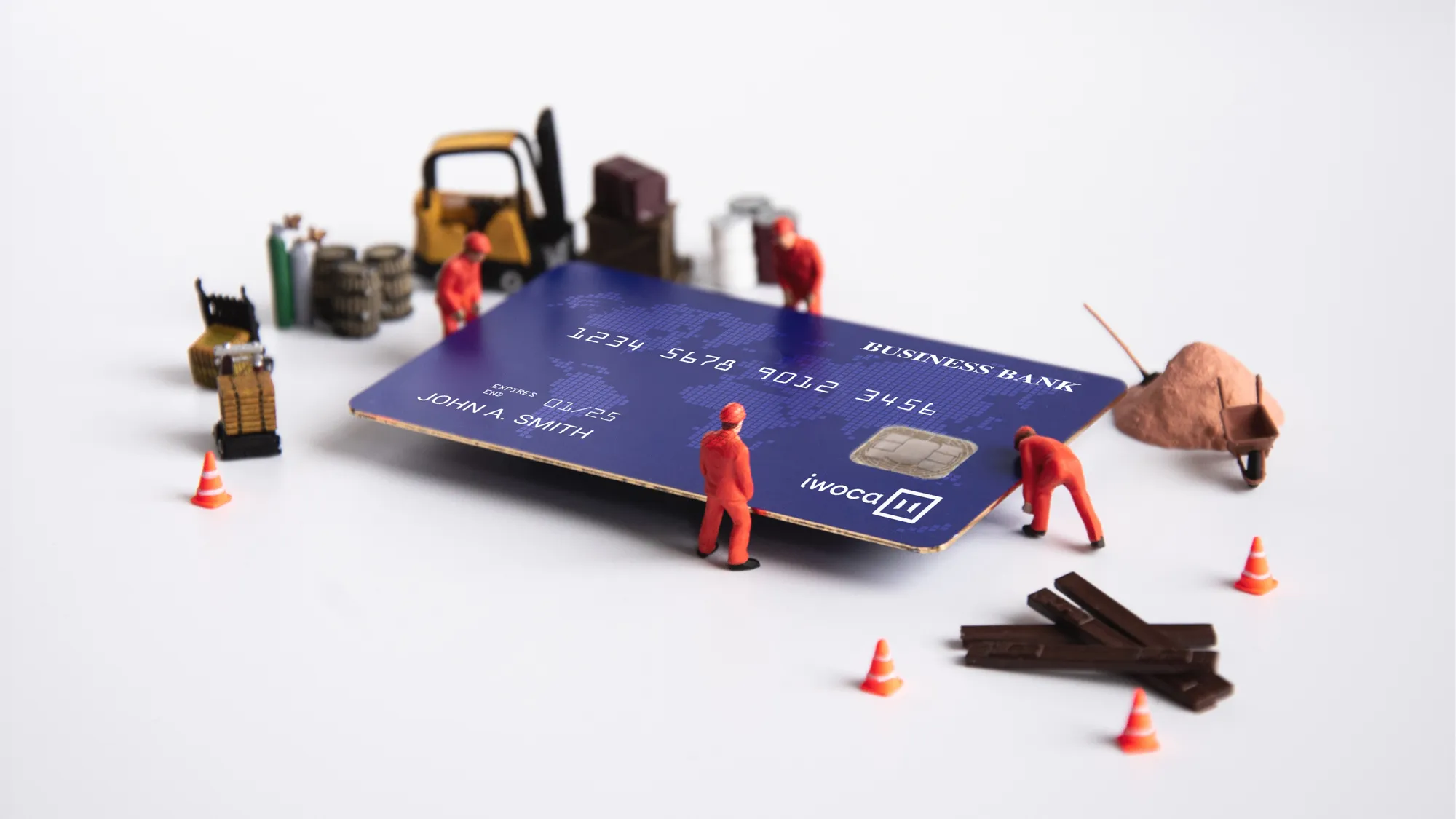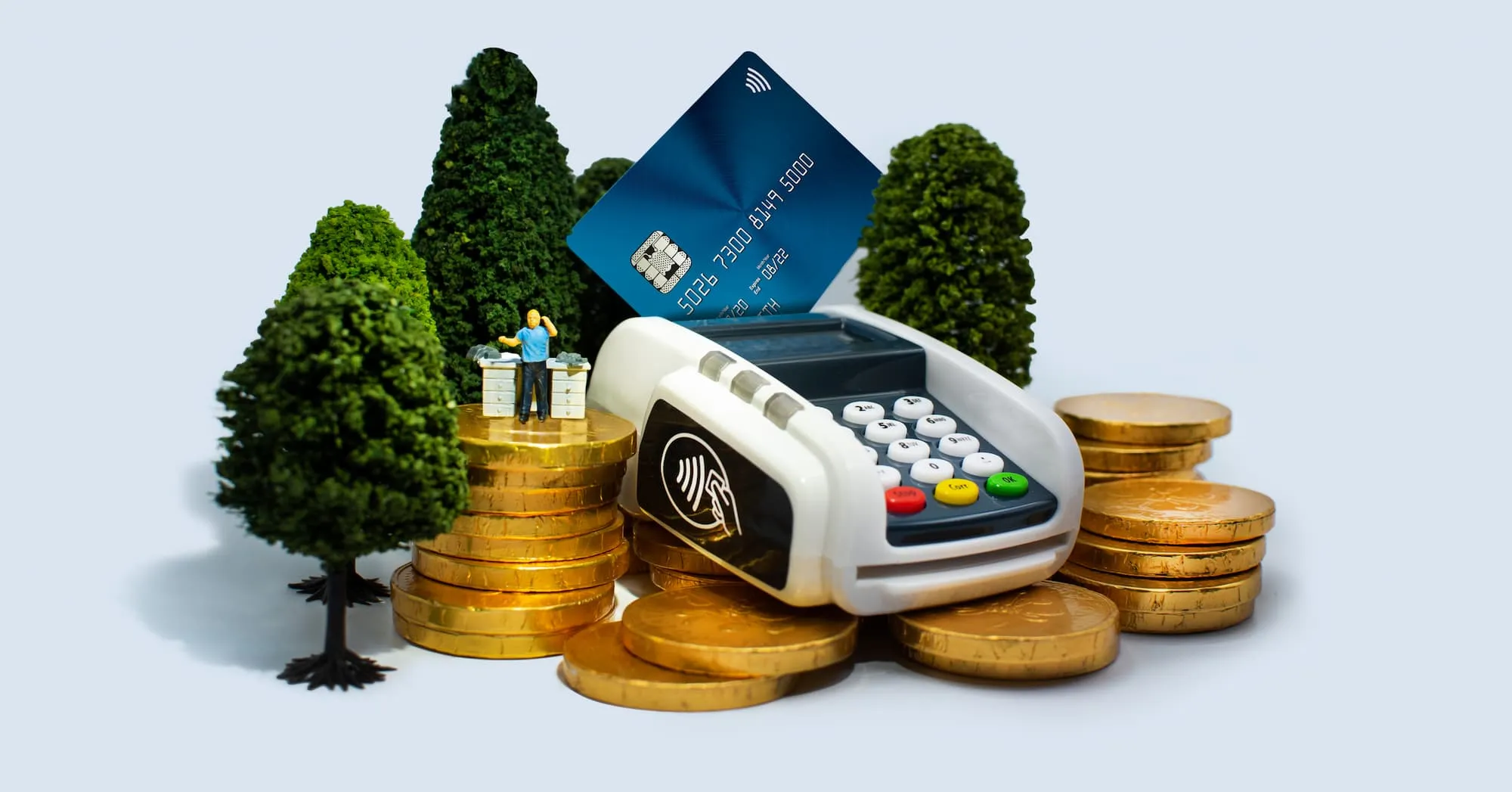Understanding the Importance of a Bank Statement
A bank statement is a comprehensive summary of all the transactions that have occurred within a specified period. It includes details such as deposits, withdrawals, transfers, and any fees or charges applied to your account. Bank statements are typically issued monthly, but many financial institutions offer online access to real-time statements.
When you receive your bank statement, it is important to carefully review it to ensure that all the transactions are accurate and authorised. Any discrepancies should be reported to your bank immediately.
What is a Bank Statement?
A bank statement is not just a piece of paper or an electronic document. It is a valuable tool that provides you with a snapshot of your financial activities. By analysing your bank statement, you can gain insights into your spending patterns, identify areas where you can save money, and make informed financial decisions.
Each transaction listed on your bank statement tells a story. It represents a purchase you made, a bill you paid, or a transfer you initiated. By understanding the details of each transaction, you can gain a deeper understanding of your financial habits and make adjustments if necessary.
Why Do You Need a Bank Statement?
Bank statements serve multiple purposes and are essential for various financial tasks. They act as a proof of income, showcasing your earnings and employment stability, which can be beneficial when applying for loans or mortgages. Lenders often require bank statements as part of the application process to assess your financial health and determine your creditworthiness.
Bank statements also help in budgeting and tracking your expenses, providing insights into your spending habits. By reviewing your bank statement, you can identify unnecessary expenses, set realistic financial goals, and create a budget that aligns with your financial priorities.
Furthermore, bank statements are essential for tax purposes. They serve as documented evidence for income and expenses, making it easier to file your annual tax returns accurately. Whether you are an individual or a business owner, having a bank statement allows you to organize your financial records and provide the necessary documentation to the tax authorities.
Moreover, bank statements can be used as a tool for dispute resolution. If you encounter any unauthorized transactions or errors on your statement, you can use it as evidence to resolve the issue with your bank. By keeping track of your bank statements, you can protect yourself from fraudulent activities and ensure the security of your financial accounts.
Ultimately, having a bank statement allows you to monitor your financial health and maintain a clear overview of your transactions. It empowers you to make informed decisions, manage your finances effectively, and achieve your financial goals.
Different Types of Bank Statements
Bank statements are essential financial documents that provide a detailed record of your transactions and account activity. There are different types of bank statements available, each offering its own unique benefits and features.
Paper Bank Statements
Traditional paper bank statements have been the norm for decades. They are physical documents sent by mail or collected in person from your bank branch. These statements offer a tangible record that can be filed and stored as per your convenience.
When you receive a paper bank statement, you can review your transaction history, including deposits, withdrawals, and any fees charged. The statement typically includes your account balance at the beginning and end of the statement period, as well as any interest earned or charged.
One advantage of paper bank statements is that they provide a physical copy of your financial information, allowing you to easily refer back to it whenever needed. Some people find comfort in having a hard copy of their statements, as it provides a sense of security and control over their finances.
However, paper bank statements can also be cumbersome to manage. They take up physical space, can easily get lost or damaged and have a negative environmental impact. Additionally, if you need to access your statement urgently and it hasn't arrived in the mail yet, you may face delays in obtaining the information you need.
Electronic Bank Statements
In recent years, electronic bank statements have gained popularity due to their convenience and accessibility. Electronic statements, also known as e-statements, are sent to your email or made available for download from your online banking portal.
Switching to electronic bank statements not only saves paper and reduces clutter but also allows you to access your financial information securely and conveniently from anywhere, anytime. With e-statements, you can view and download your bank statements directly from your computer or mobile device.
Electronic bank statements offer the same detailed information as paper statements but in a digital format. You can easily search for specific transactions, sort them by date or amount, and even print them if needed. Many banks also provide additional features with electronic statements, such as the ability to set up alerts for specific account activities or view your statements for a longer period of time.
Another advantage of electronic bank statements is that they are more environmentally friendly. By opting for e-statements, you contribute to reducing paper waste and the carbon footprint associated with printing and mailing physical statements.
However, it's important to ensure that your email account or online banking portal is secure to protect your financial information. Make sure to use strong passwords and enable two-factor authentication to prevent unauthorised access to your electronic statements.
In conclusion, both paper and electronic bank statements have their own advantages and considerations. The choice between the two depends on your personal preferences, organisational needs, and environmental consciousness. Regardless of the type you choose, bank statements play a crucial role in managing your finances and keeping track of your financial activities.
Steps to Obtain a Bank Statement
Requesting a Bank Statement Online
Many banks provide the option to access your bank statements online. To obtain an electronic bank statement, log in to your online banking portal and navigate to the "Statements" or "Documents" section. From there, you can choose the desired date range and download the statement in PDF format. Ensure that you securely store the downloaded file for future reference.
Requesting a Bank Statement via Phone
If you prefer a more personal approach, you can contact your bank's customer service helpline to request a bank statement. Provide the necessary details, such as your account number, and specify the period for which you need the statement. The bank representative will process your request and arrange for the delivery of the statement via mail or email.
Requesting a Bank Statement in Person
If you require a physical copy of your bank statement, you can visit your bank branch and speak with a customer service representative. They will assist you in filling out the necessary forms to process your request. Depending on the bank's policy, you may receive the statement immediately or within a few business days.
Understanding Your Bank Statement
How to Read a Bank Statement
Reviewing your bank statement may appear intimidating at first, but it becomes straightforward once you understand its components. A bank statement typically includes your account information, transaction details, starting and ending balances, and any interest earned or charges applied. Take the time to carefully analyse each section, ensuring all transactions are accurate and accounted for.
Common Terms on a Bank Statement
Bank statements often include specific terms that may seem unfamiliar. Some common terms you may encounter include:
- Debit: Represents money leaving your account, such as withdrawals or purchases.
- Credit: Denotes money deposited into your account, including transfers or interest earned.
- Opening Balance: The balance in your account at the beginning of the statement period.
- Closing Balance: The balance in your account at the end of the statement period.
- Service Charges: Any fees or charges applied to your account for services provided by the bank.
Keeping Your Bank Statements Safe
Tips for Storing Paper Bank Statements
When you receive a paper bank statement, it's essential to keep it in a secure place to avoid misplacement or unauthorised access. Consider these tips for storing your paper bank statements:
- Use a filing system to organise your statements chronologically or by category.
- Keep them in a locked cabinet or a safe at home.
- Consider digitising your paper statements for added security.
Security Measures for Electronic Bank Statements
With electronic bank statements, maintaining online security is crucial. Follow these best practices to protect your electronic bank statements:
- Regularly update your online banking passwords and ensure they are strong and unique.
- Avoid accessing your bank statements on public or unsecured devices.
- Be cautious of phishing emails or suspicious links requesting your banking details.
By implementing these security measures, you can confidently manage your bank statements while safeguarding your financial information.
Regardless of the type of bank statement you prefer or the method you choose to obtain it, understanding the importance of a bank statement is paramount. Regularly reviewing your transactions and ensuring accuracy will help you stay informed about your financial health and facilitate effective financial planning. Start harnessing the power of your bank statements today to take control of your financial future.




























